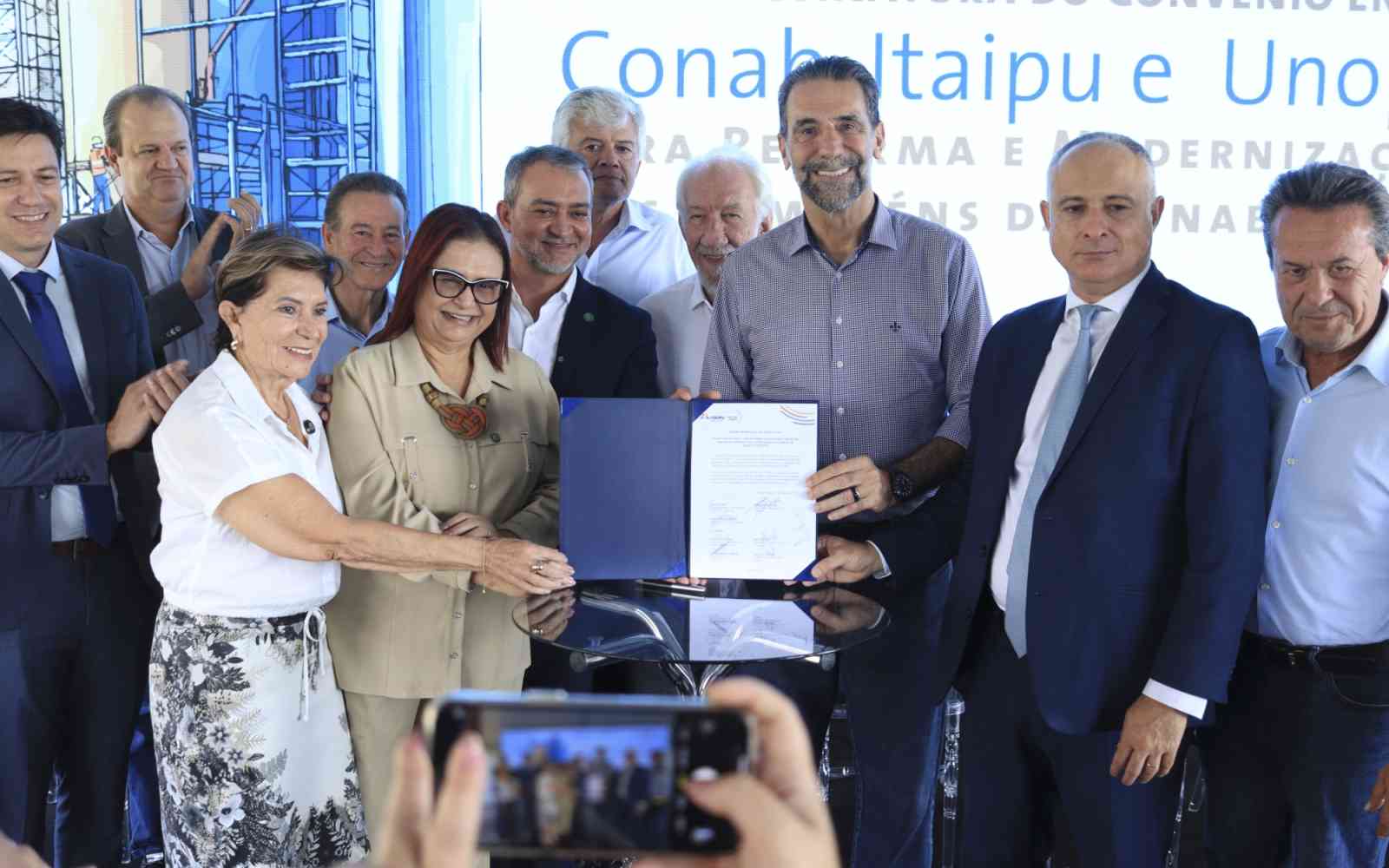The United Nations Office for Project Services (UNOPS)
Promoción de la infraestructura de calidad
Discurso de Grete Faremo, Secretaria General Adjunta de las Naciones Unidas y Directora Ejecutiva de UNOPS, durante el evento paralelo a la Asamblea General de las Naciones Unidas sobre la promoción de la infraestructura de calidad gracias a inversiones responsables y la movilización eficaz de recursos (en inglés)
[Check against delivery]
One year ago, here at the UN, the Government of Japan, The European Commission and UNOPS together convened a meeting on promotion of quality infrastructure. We were here together then, Foreign Minister Kono, Commissioner Mimica, and myself.
The three conveners were – and are – well placed to address this issue:
- Japan is well known for having world class standards for infrastructure construction. After all, Japan and its infrastructure, its buildings, its roads and bridges, and the whole communication system, has withstood earthquakes remarkably well. We have seen that time and again.
- The European Commission has a remarkable record as a consistent and responsible development cooperation partner, which puts a premium on resilience and sustainability, and has a record of supporting quality in infrastructure projects around the world.
- UNOPS record in infrastructure is less well known. But we are the UN specialist in executing infrastructure projects and we are active around the world. Our standards are the very highest. And we are the only UN entity mandated for infrastructure.
The infrastructure gap
The World Bank tells us that the cost of future infrastructure needs will reach $94 trillion by 2040, of which $18 trillion will not be met. The need are immense.
Governments are often the main contractor for vital infrastructure. But almost all governments face financial constraints. Development aid alone, let's face it, will only make modest contributions as measured against needs. So private sector investment is crucial.
And I believe private investment will increase substantially.
Just today, UNOPS is proud to announce that we signed agreements with two African countries for a total of 200,000 housing units. The Governments have affordable housing as a national priority and will provide the land. Funding will come from private sector.
State guarantees and our implementing role made it possible. The programs create local jobs, development of mortgage schemes and opportunity for people to own their own house. It introduces green energy with solar panels on the roofs and WHO approved painting on the wall to prevent such diseases as malaria etc.
————
Sometimes, the best appears very costly in the short term. But the lifetime cost may actually be lower if we chose resilient solutions more often.
In order to unleash investment decisions, it will be essential to know as much as possible about the long-term quality and value of a project.
Knowledge about relevant risks before building a hospital, or a transport system, and what it takes to withstand natural hazards or the long-term effects of climate change is key.
And how will the buildings or installations be able to meet evolving environmental regulation? Will the project serve the wider regional needs and interests with respect to, for example, transport or security?
That is why projects should be based on the best of science in these fields. We are mindful of this and UNOPS is developing systems accordingly in cooperation with institutions like MIT and Oxford University.
We are also at the forefront of gender sensitive infrastructure planning and building as part of our commitment to gender equality.
————
We aim at making projects bankable. When we speak to potential investors we offer our advice and services and try to find ways to mitigate risks.
I said that governments and the private sector are main investors. UNOPS can play an important role to help unleash funding. We have even decided to use some of our own financial resources to co-invest in projects, putting our own 'skin in the game'.
A recent example: By investing our own funds alongside a Mexican development bank, UNOPS is revitalizing a wind farm bringing clean energy to 50,000 people in low-income communities and helping the government achieve ambitious targets in energy reform and renewables.
This could serve as a model for development assistance for donors and international organizations.
Used catalytically like this, ODA may unleash investments of a scale that ODA used alone can never achieve.
UNOPS has valuable local expertise in how to ensure fair and transparent business processes.
Government policy
At the end of the day, Governments are responsible for creating an environment for investments. Investors will continue to perform comprehensive due diligence. Legal system, banking system, political structures, but also human rights diligence, environmental diligence, founded in norms which repose at the UN.
So UNOPS is looking at the world as it is evolving. And we are convinced that there will be more public-private partnerships, in many places with the UN in a critically supportive role.
This will help achieve the SDGs. And be part of a more effective United Nations.












